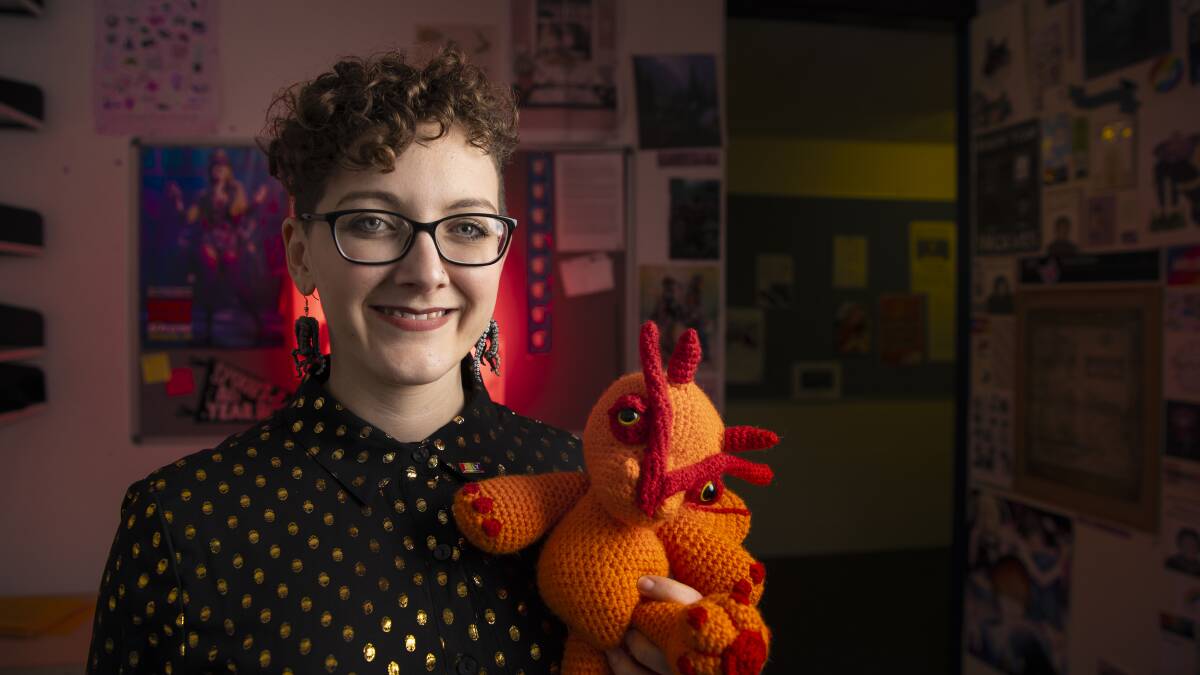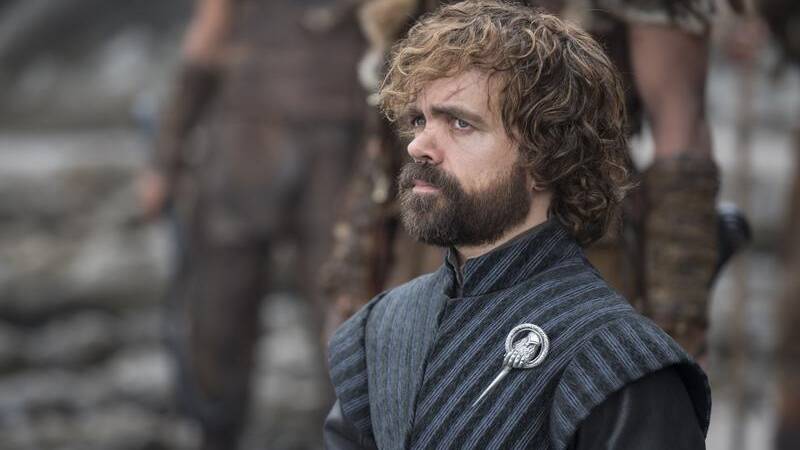Can watching Game of Thrones make you a better person?
Subscribe now for unlimited access.
or signup to continue reading
As HBO's fantasy blockbuster returns to screens for its final season, researcher Tania Evans is devoting an entire PhD to the question.

The spectacle of violence and sex in the hugely popular series, based off the books by George R.R. Martin, has long scandalised some audiences. But at the Australian National University, Ms Evans argues the show actually presents a refreshingly diverse cast - from female knights to queer characters and those with a disability.
"There's a beautiful mosaic of experience in there, there's something for everyone to relate to," she said.
"It's not just about sex and violence."
Peering out from behind a small army of dragons on her desk, Ms Evans admitted she was a little behind the eight ball when the show first started to gain traction.
But these days, she spends every Monday deep in research - and her couch - as another episode drops.
"A lot of people have asked me how they can convince their uni to do a PhD in Game of Thrones," she said.
"I was reading the third book when [character] Jamie was reflecting on what made him a knight and what made him a man, and it was so explicit but at the same time so complex. I knew then and there this was my PhD."
While feminism had helped expand understanding of women, as their roles have expanded, Ms Evans said there was still a very narrow view of what a man could be, particularly in Australia.
Through characters including Jamie and his brother Tyrion, a dwarf known for his sharp mind, the show presents other options for men, she said.
"In the real world, [people] get the message that violence is OK, that domestic violence for example is a way of showing how manly you are and there's a really strong parallel [in the show].

"But the white straight man being strong and acting alone, they are often killed off in the show. It's saying we need to find other ways of working in the world and with each other if we are to survive our own Long Night, if you like."
But some critics have slammed the show for at times seeming to deploy graphic or sexual violence for shock value.
Ms Evans said the series didn't glorify violence, instead (mostly) portraying such acts as monstrous and disgusting.
"People often think if rape is present it's reinforcing it, but [perpetrators] are positioned as evil," she said.
Ms Evans is not the only researcher struck by the popularity of the show. Scientists have used its recognisable characters to test everything from facial recognition technology to algorithms predicting survival odds. (Spoiler: it's not looking good.)
In October, the secretary of the Department of Foreign Affairs and Trade even praised the show, saying its portrayal of strong female characters would encourage more women to enter the field of international security.
But if you're still shaking your head wondering at its success, Ms Evans says its murky morality actually has a lot to do with the appeal.
While other juggernauts like Harry Potter and The Lord of the Rings saw fantasy break through into the mainstream, Game of Thrones was now subverting the genre in new ways, she said.
"And it's not just the Martinverse, as I call it - we're seeing increasingly more diverse characters and more complexity on screen."
As for who will end up on the Iron Throne, Ms Evans thinks the show will take a more traditional road and let good win out in the end.
"I don't think [they'll] leave someone like Cersei in charge," she said.


